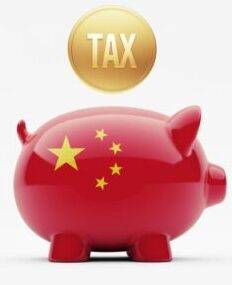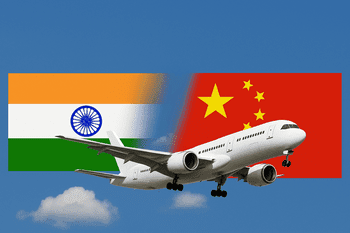
If you are a foreign teacher working in China, you may be wondering how to reduce your tax burden. China has signed double taxation agreements (DTAs) with many countries, which provide treaty benefits for foreign teachers and researchers if qualified.
In this blog post, we will explain how you can apply for these treaty benefits and what documents you need to prepare.What are treaty benefits for foreign teachers and researchers?

What are treaty benefits for foreign teachers and researchers?
Treaty benefits are special tax treatments that are granted to foreign teachers and researchers who meet certain conditions under the DTAs between China and their home countries. These benefits usually include an exemption or a reduction of individual income tax (IIT) for a certain period of time, typically two or three years, depending on the specific DTA.
The purpose of these treaty benefits is to encourage academic and cultural exchange and cooperation between China and other countries, and to avoid double taxation of the same income in both countries.
Who can qualify for treaty benefits?
To qualify for treaty benefits, you need to meet the following general requirements:
- You are a resident of a country that has a DTA with China that includes a teacher or researcher article. You can check the list of China’s DTAs and their full texts here.
- You are invited by a Chinese educational institution to teach, lecture or conduct research in China. The educational institution must be accredited by the Ministry of Education or other relevant authorities, and must have obtained approval from the State Administration of Foreign Experts Affairs to employ foreign teachers and researchers.
- You are engaged in teaching, lecturing or research activities that are related to your academic or professional field. You cannot claim treaty benefits for other types of income, such as consulting fees, royalties or dividends.
- You do not stay in China for more than the specified period of time under the DTA. The period of time varies from one DTA to another, but it is usually two or three years. The period of time starts from the date you arrive in China and ends on the date you leave China, regardless of whether you have breaks or interruptions during your stay.
How to apply for treaty benefits?
To apply for treaty benefits, you need to submit the following documents to the local tax authority where your Chinese employer is located:
- A copy of your passport and visa
- A copy of your work permit or foreign expert certificate
- A letter of invitation from the Chinese educational institution
- A certificate of tax residency from your home country
- A declaration form for enjoying treaty benefits
- A calculation sheet for the amount of treaty benefits
- Any other documents required by the local tax authority
You need to submit these documents before the annual tax filing deadline, which is usually March 31 of the following year. If you fail to submit the documents on time, you may lose the chance to claim treaty benefits for that year.
What are the benefits of applying for treaty benefits?
By applying for treaty benefits, you can enjoy the following benefits:
- You can reduce your tax liability in China by exempting or lowering your IIT rate on your income from teaching, lecturing or research activities.
- You can avoid double taxation of the same income in both China and your home country, as you can claim a foreign tax credit or a deduction for the tax paid in China when you file your tax return in your home country.
- You can enhance your academic and professional reputation by working with Chinese educational institutions and contributing to the development of your field.
Conclusion
China offers attractive tax incentives for foreign teachers and researchers who work in China under the DTAs with their home countries.
If you are eligible for these treaty benefits, you should apply for them as soon as possible and prepare the necessary documents.
By doing so, you can save tax in China and enjoy your teaching or research experience in this dynamic and diverse country.



